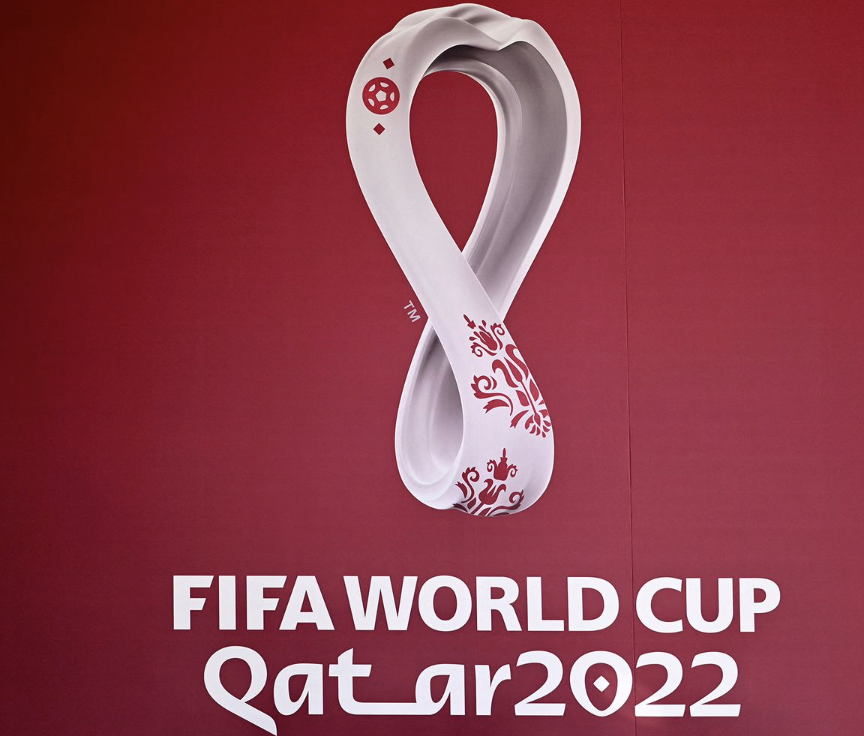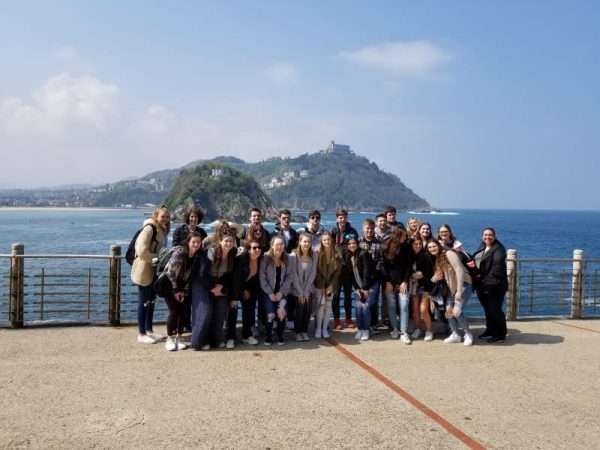World Cup Controversy in Qatar
December 7, 2022
In a controversial 2010 decision, Qatar won hosting rights to the 22nd World Cup tournament—beating the US, South Korea, Japan, and Australia.
The FIFA World Cup is a soccer (when not in America: “football”) tournament, where 32 top international teams compete every four years. It’s known for bringing the world together because any country can qualify. In theory, any country can host, as well—but controversy erupted when Qatar was chosen as the 2022 host.
This is for a few main reasons: timing, migrant worker deaths, homosexuality/alcohol laws, and corruption.
The World Cup is typically hosted over the course of a month—from June to July—but in Qatar, where summer temperatures often reach 100+ degrees Fahrenheit, this was deemed impossible. For good reason, too—who would want to play (or watch) a game in such heat?
So, the 2022 World Cup was adjusted to fit a shorter time frame in November-December. This is unfortunate, for it conflicts with a typical European football season, yet it’s the least of Qatar’s controversies.
Despite labor reforms in 2014, the Amnesty Reality Check organization published an expose revealing that practices such as withholding salaries were still rampant in Qatar. The nation’s government denied that thousands of migrant workers were trapped and exploited. In suit, Amnesty and other international groups are pushing for $440 million in reparations for migrant workers—equal to the tournament’s winnings.
Homosexuality and alcohol are illegal in Qatar, posing some concern for international spectators. Qatari laws are said to discriminate against homosexual individuals, according to rights groups. Additionally, alcohol is not permitted to be sold at stadiums, nor is it permissible anywhere in the Muslim country. Fans, many of whom are used to drinking beer during games, will have to adhere to these laws.
Most controversially, Qatar was accused by the US Department of Justice of vote corruption for the 2022 World Cup. Qatar defeated the US in a run-off vote where it was found that three South American officials were paid to vote for the country.
So, should Qatar have won hosting rights, even amid such controversy?
No. Even though corruption, labor, and timing change issues were revealed post-vote, Qatar is a country smaller than Connecticut with harsh laws discriminating against LGBTQ+ and women. For a tournament that aims to bring the world together, hosting the World Cup in Qatar feels like a step backward. Importantly, it’s the first Muslim country ever to host a World Cup, yet it’s also the first World Cup where alcohol is banned and where it’s hosted in winter.










